close
We explore how various societies have adapted and evolved their approaches to maintain vitality and youthfulness throughout the ages. These insights not only offer a window into historical beauty rituals but also highlight modern scientific support for their efficacy. By examining the intersections between cultural practices and science, we can glean valuable lessons for enhancing skin health and longevity.
From the shores of the Mediterranean to the mountains of Japan, societies have developed ingenious ways to delay the visible signs of ageing. These practices, although rooted in local tradition, share a common goal: to enhance vitality, slow down the ageing process, and promote long-term health.
Many of these time-honoured rituals are now supported by scientific studies that validate their effectiveness. Whether through diet, skincare, or holistic wellness approaches, global anti-ageing insights reflect an enduring human quest for youth and beauty.
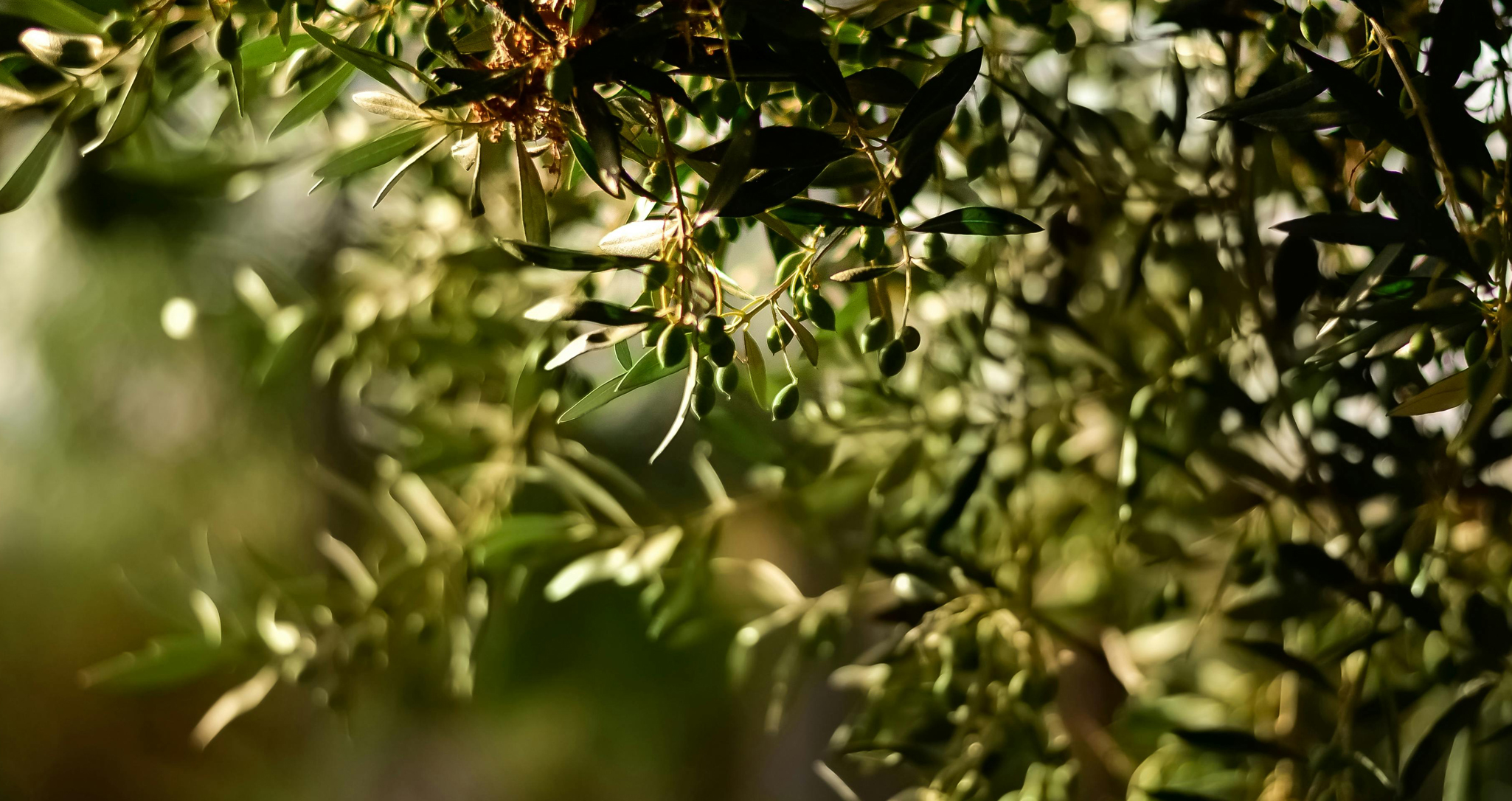
The sun-drenched Mediterranean region, celebrated for its breathtaking landscapes, is also home to a diet steeped in the benefits of olive oil, fruits, and vegetables. Olive oil, a cornerstone of Mediterranean cuisine, stands as a symbol of the region’s commitment to holistic well-being. Rich in monounsaturated fats and antioxidants, olive oil is more than just a kitchen staple; it has been revered for its skincare benefits for centuries. Ancient Greeks and Egyptians used it as a moisturiser, while modern skincare continues to praise olive oil for its ability to hydrate and protect the skin from oxidative damage.
The Mediterranean diet as a whole, rich in fruits, vegetables, and whole grains, contributes to healthy skin and longevity. Studies have shown that people who follow this diet tend to have lower incidences of age-related diseases, such as heart disease and cancer, further demonstrating its broad anti-ageing benefits.
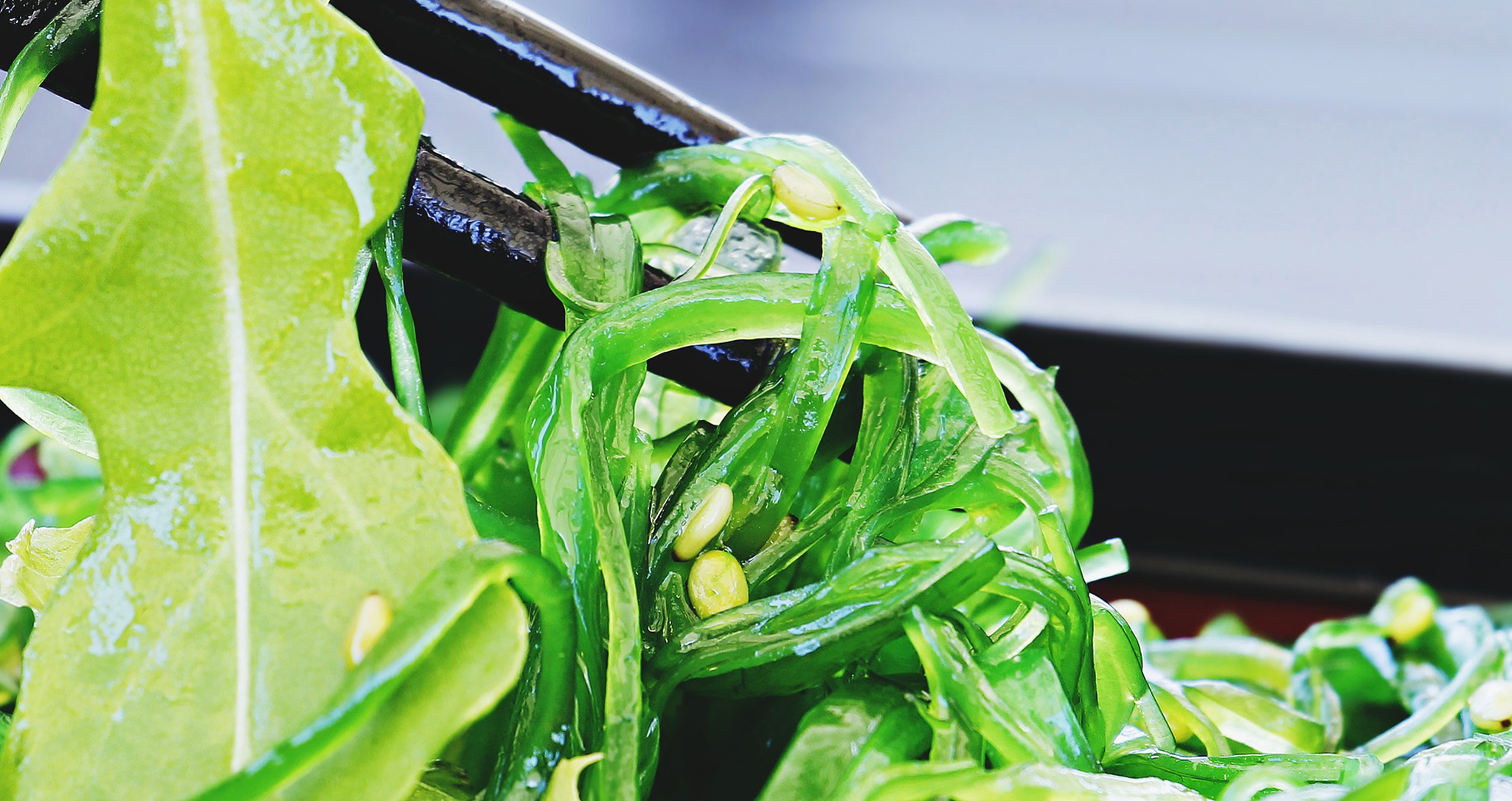
In the Land of the Rising Sun, Japan stands as a testament to remarkable longevity rates, attributing its success, in part, to the traditional consumption of collagen-rich foods like fish and seaweed. Japan’s beauty rituals often focus on maintaining hydration, with collagen playing a key role in promoting plump, youthful skin.
Collagen-rich broths, often consumed in traditional Japanese meals, provide the skin with the building blocks it needs to stay firm and hydrated, combating the natural loss of collagen that occurs with age.
The Japanese skincare philosophy emphasises prevention and gentle care, with hydration being a cornerstone. Collagen supplements, which have become a global trend, originated in Japan, and today, their popularity continues to grow as studies reveal their benefits in reducing wrinkles and improving skin elasticity.
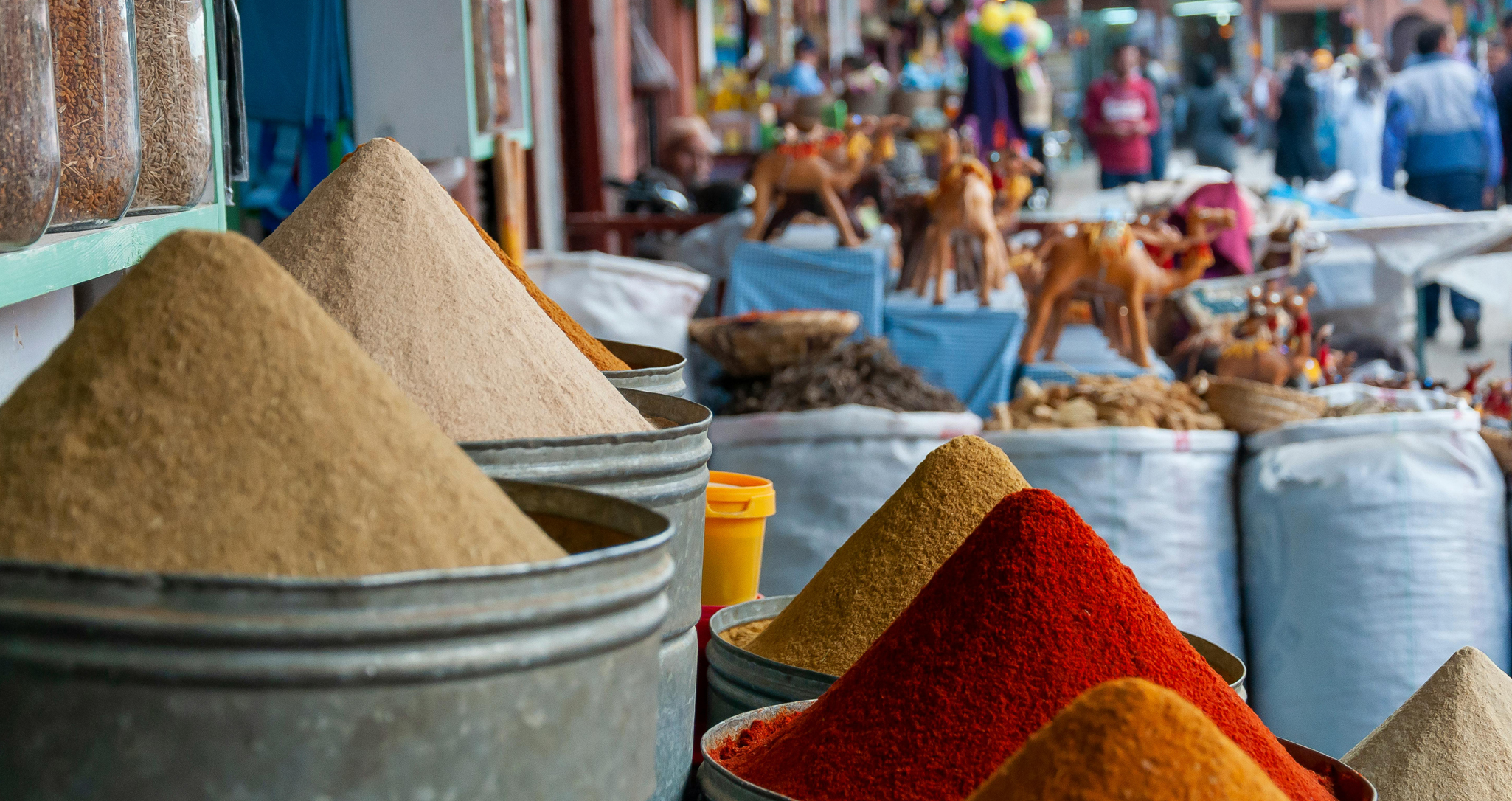
Emerging from the ancient corridors of India, Ayurveda represents a holistic approach to health and well-being. Turmeric, a radiant gem in Ayurvedic remedies, takes centre stage as scientific exploration reveals its potent anti-inflammatory and antioxidant properties. In Ayurveda, beauty is viewed as a reflection of inner health, and turmeric is commonly used in skincare masks, scrubs, and dietary supplements to promote radiant skin from within.
Turmeric has long been a staple in Indian beauty rituals, often combined with honey or yoghurt for topical use to brighten skin and reduce blemishes. The active compound, curcumin, has been extensively studied for its ability to reduce inflammation and combat oxidative stress, making it an invaluable asset in both traditional and modern skincare regimes.
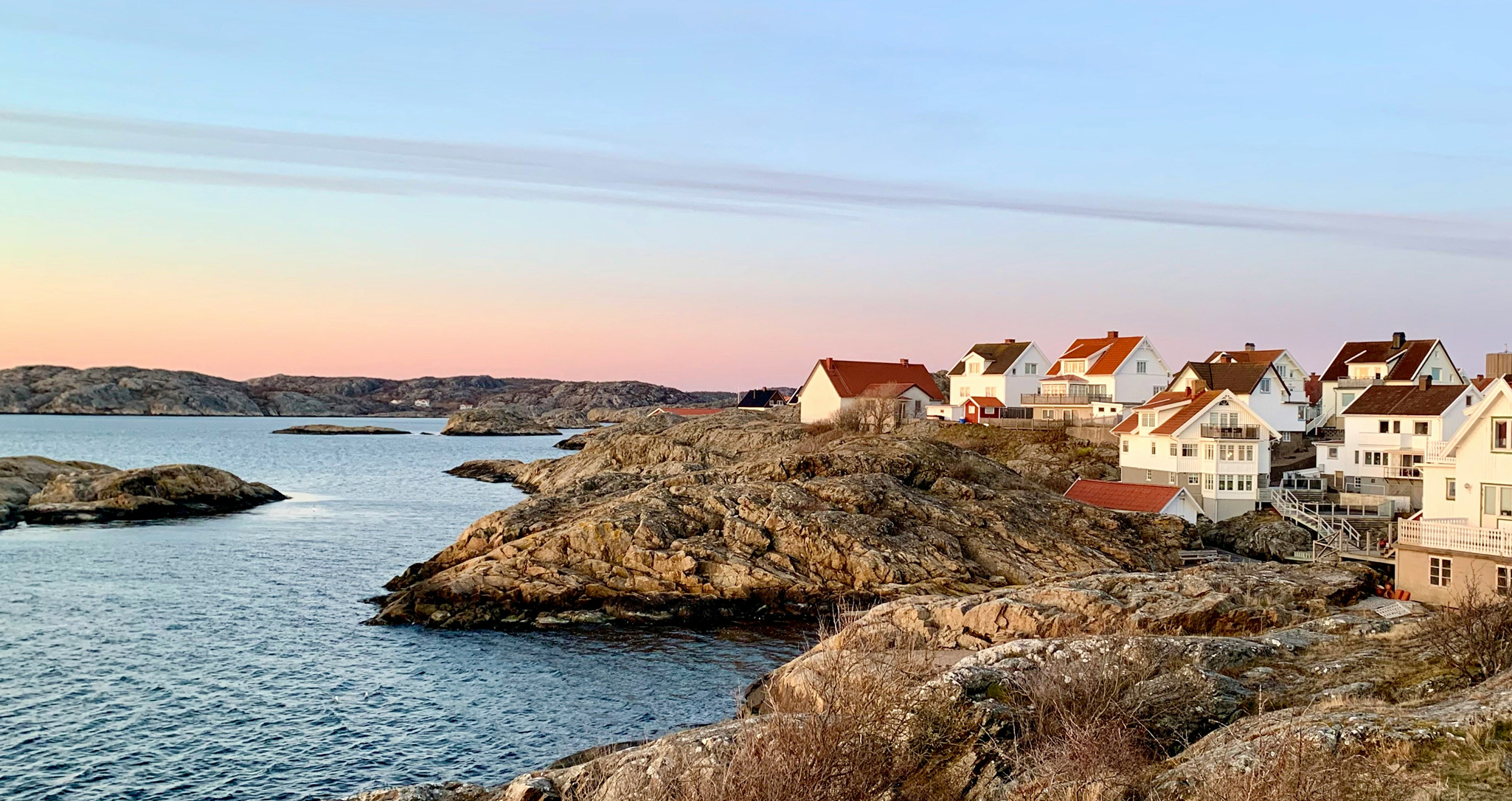
Amidst the crisp air of Scandinavia, the invigorating practice of cold-water plunges isn’t merely a bold tradition; it’s a time-honoured ritual believed to promote skin health and overall vitality. Scandinavian countries have long embraced cold-water swimming as a way to boost circulation, which is essential for maintaining skin elasticity and a youthful glow.
Exposure to cold water constricts blood vessels and, upon exiting, the vessels dilate, flushing out toxins and nourishing the skin with oxygenated blood. This practice aligns with global anti-ageing insights by promoting natural skin rejuvenation and inner vitality.
In addition to the benefits for the skin, cold-water therapy is known to reduce inflammation and promote mental clarity, aligning with the Scandinavian principle of maintaining both inner and outer health.
As more people around the world adopt cold exposure therapies, the connection between cold-water plunges and anti-ageing has gained widespread attention.
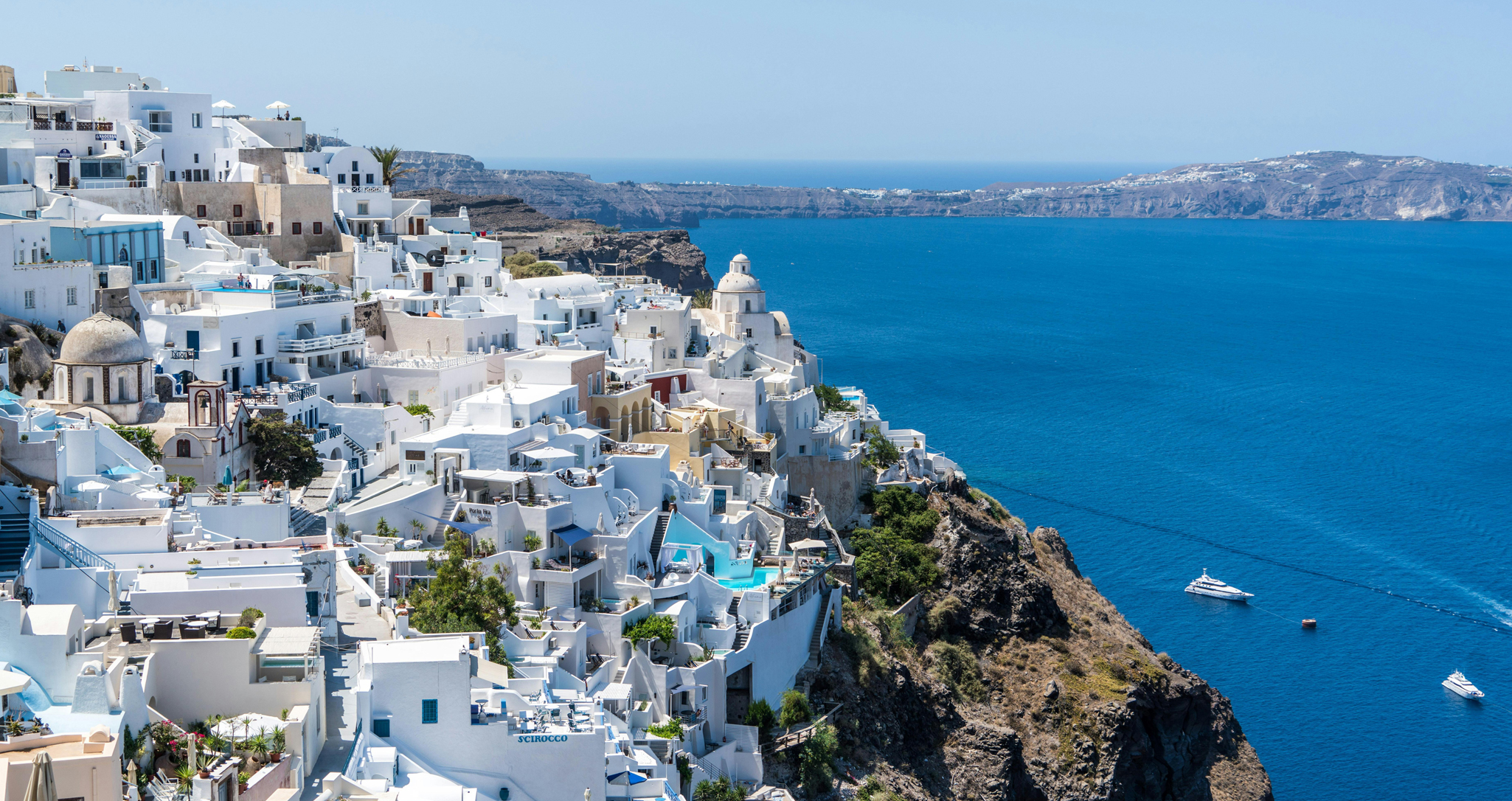
Beyond specific cultural practices, it’s crucial to mention the concept of Blue Zones, regions around the world where people consistently live longer, healthier lives. These Blue Zones include areas like Okinawa (Japan), Sardinia (Italy), Nicoya (Costa Rica), Icaria (Greece), and Loma Linda (California, USA).
The residents of these regions have certain lifestyle factors in common that contribute to their remarkable longevity, such as maintaining strong social connections, engaging in daily physical activity, and eating diets rich in plant-based foods.
What’s fascinating about Blue Zones is how these communities incorporate both ancient traditions and modern wellness insights.
Many Blue Zone residents also consume foods rich in antioxidants and healthy fats, which play a role in reducing inflammation and promoting skin health. Their emphasis on a balanced life—one that nurtures the body, mind, and spirit—echoes global anti-ageing principles.
From the Far East to the sun-drenched shores of the Mediterranean, age-old practices unveil the diverse and captivating ways societies have approached the pursuit of timeless beauty.
As we uncover the rich tapestry of global anti-ageing secrets, the profound integration of scientific advancements with traditional wisdom becomes increasingly evident. By embracing these global insights, we can take a holistic approach to skincare and well-being that respects both tradition and innovation.